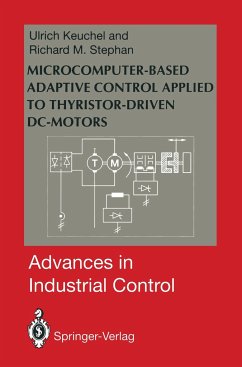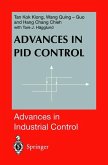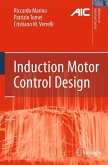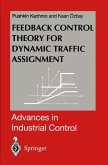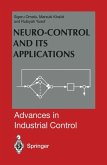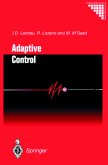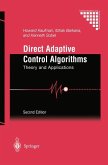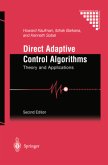The series Advances in Industrial Control aims to report and encourage technology transfer in control engineering. The rapid development of control technology impacts all areas of the control discipline. New theory, new controllers, actuators, sensors, new industrial processes, computing methods, applications, philosophies, . . . , new challenges. Much of this development work resides in industrial reports, feasibility study papers and the reports of advanced collaborative projects. The series offers an opportunity for researchers to present an extended exposition of such new work in all aspects of industrial control for wider and rapid dissemination. The autotune method of Astrom and Hagglund had a major impact on the hardware and structure of PID process controllers. However, despite a substantial body of theoretical analysis, progress in transferring the benefits of more general self-tuning methods to industrial devices and processes has been much slower. This volume by Dr's Stephan and Keuchel shows that this type of technology transfer can be achieved and that the more advanced adaptive controllers do give performance benefits over conventional industrial (three term) controllers. The volume also shows the requirements in hardware, the need for software skills and the engineering techniques required to achieve satisfactory results. We hope that by recording their engineering know-how more researchers and industrialists will be encouraged to tap the benefits of advanced self-tuning and adaptive control methods. July, 1993 Michael J. Grimble and M. A. Johnson, Industrial Control Centre, Glasgow, Scotland, U. K.

